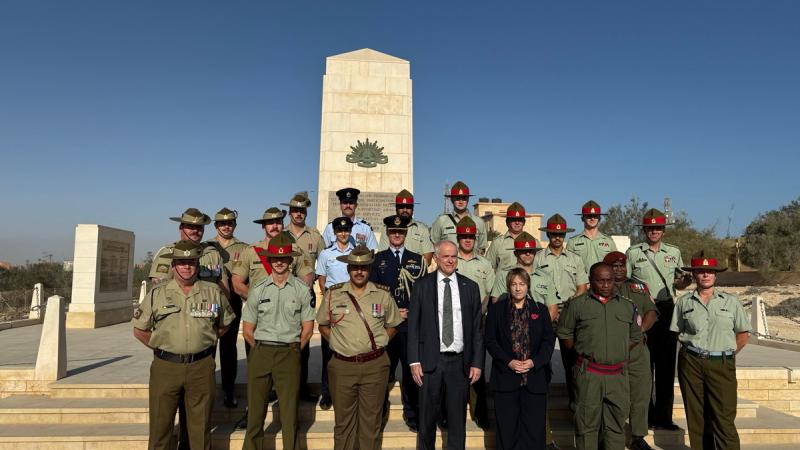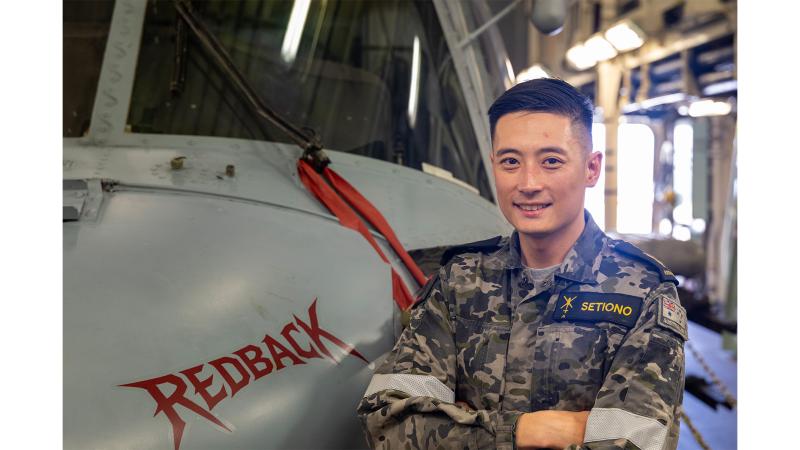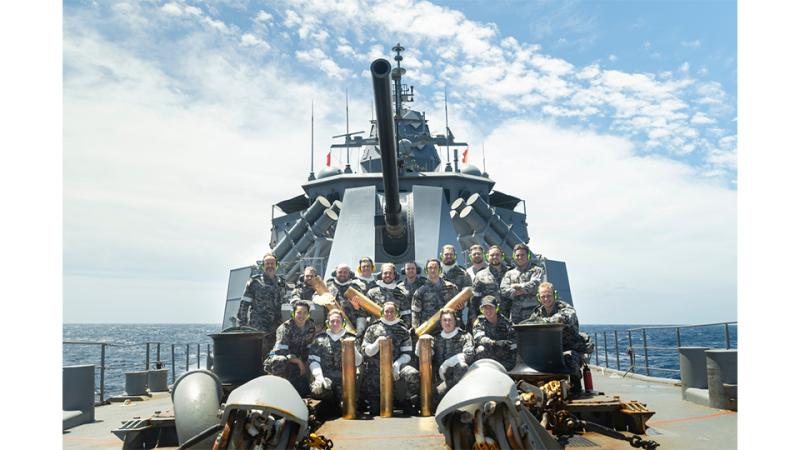10 December 2020
The Royal Australian Navy took part in a virtual trilateral naval warfare exercise this month.
Fleet Synthetic Training – Joint 20/72 was a week-long exercise in which HMAS Parramatta tested various tactical and operational elements of sea combat in a virtual environment with the United States and Royal Canadian navies.
While Australia and the US have conducted virtual naval exercises for the past decade, this was the first time the Royal Canadian Navy had participated.
Parramatta took part in the exercise using the Anzac-class frigate simulator at HMAS Watson in Sydney, fighting in real-time as part of an expeditionary strike group working in conjunction with a number of carrier strike groups to defeat an adversary force and secure friendly territory.
The other participating ships were linked via simulators in Hawaii and other locations in the US, Yokosuka in Japan, and Nova Scotia in Canada.
The US Marine Corps, Air Force, and Army, and the Royal Canadian Air Force also contributed simulated assets to the scenario.
To be able to exercise an Australian warship to her full fighting potential in a virtual domain alongside our American and Canadian partners is a fantastic way to refine our shared skills.
Director of the Royal Australian Navy’s Fleet Force Generation Directorate, Captain Pete Bartlett, said FST-J was important in proving the trilateral maritime warfare training possible between Australia, Canada and the US.
“It has provided us with the opportunity to test our combined training and tactics, share expertise and sharpen our complementary fighting capabilities,” Captain Bartlett said.
“To be able to exercise an Australian warship to her full fighting potential in a virtual domain alongside our American and Canadian partners is a fantastic way to refine our shared skills and complementary capabilities.”
Commander of the US Navy’s Carrier Strike Group Five, Rear Admiral Will Pennington, said exercises such as FST-J strengthened the teamwork between allied and partner militaries.
“The complex virtual scenarios probe future security challenges in the Indo-Pacific region and allow us to leverage the collective experience of our joint and international team,” Rear Admiral Pennington said.
“Smart technology reduces costs and expands the problem set that we examine. It was especially useful this year in reducing risk within the COVID-19 environment.”


